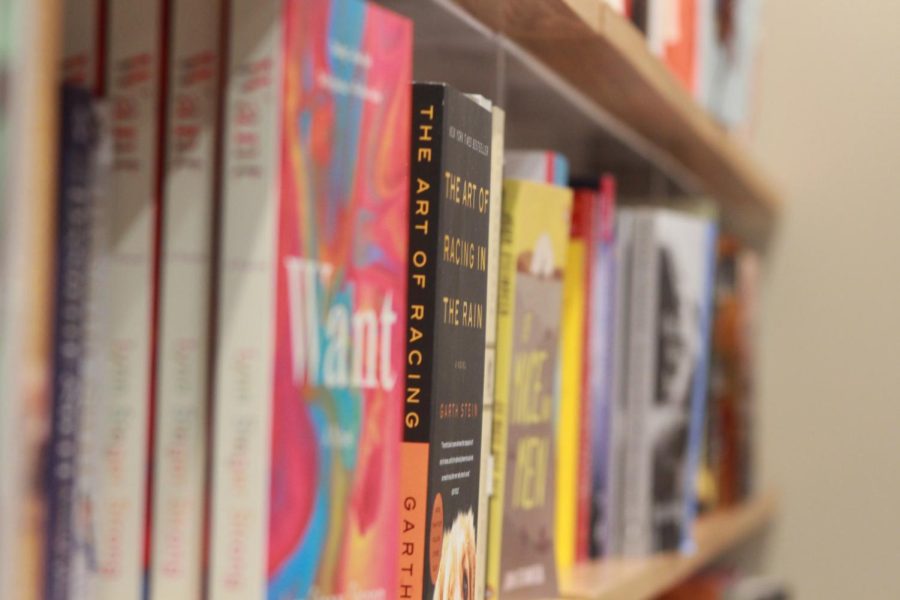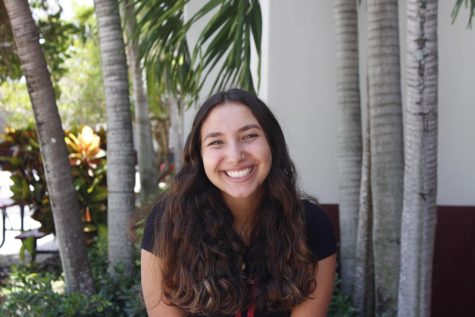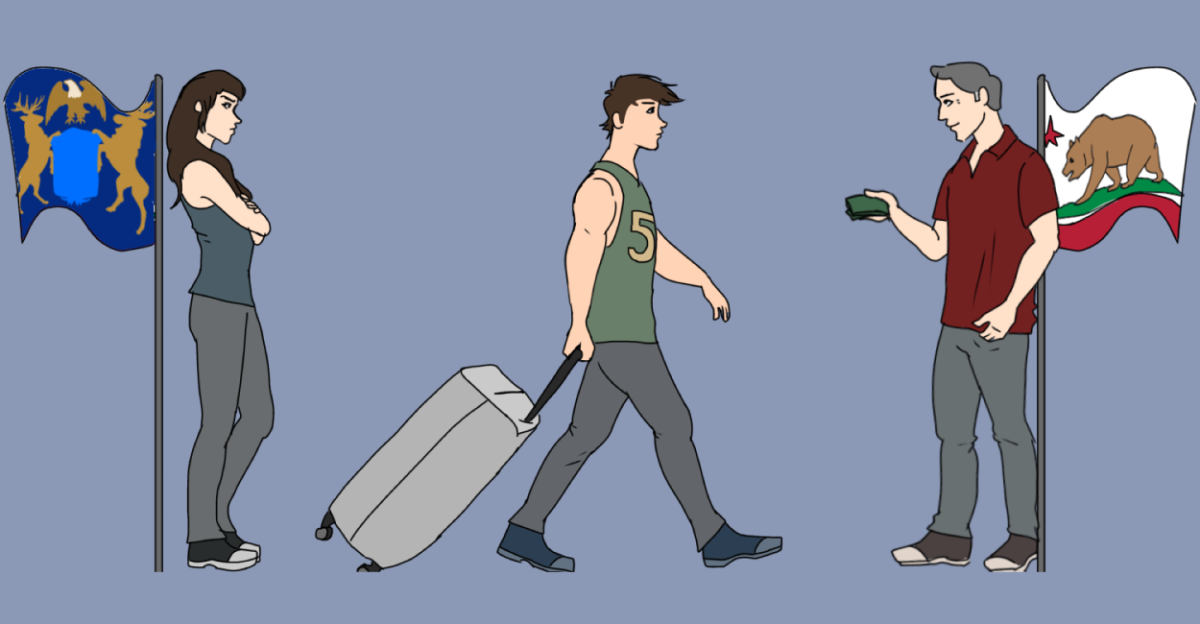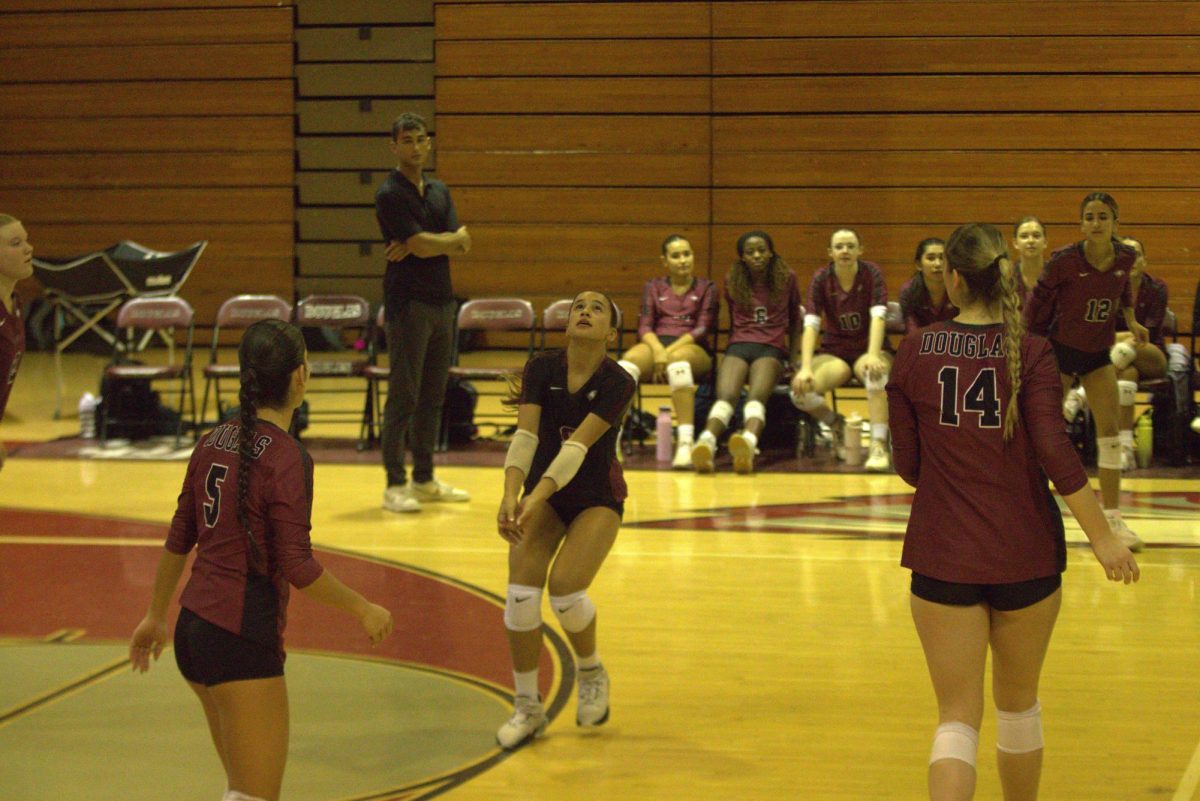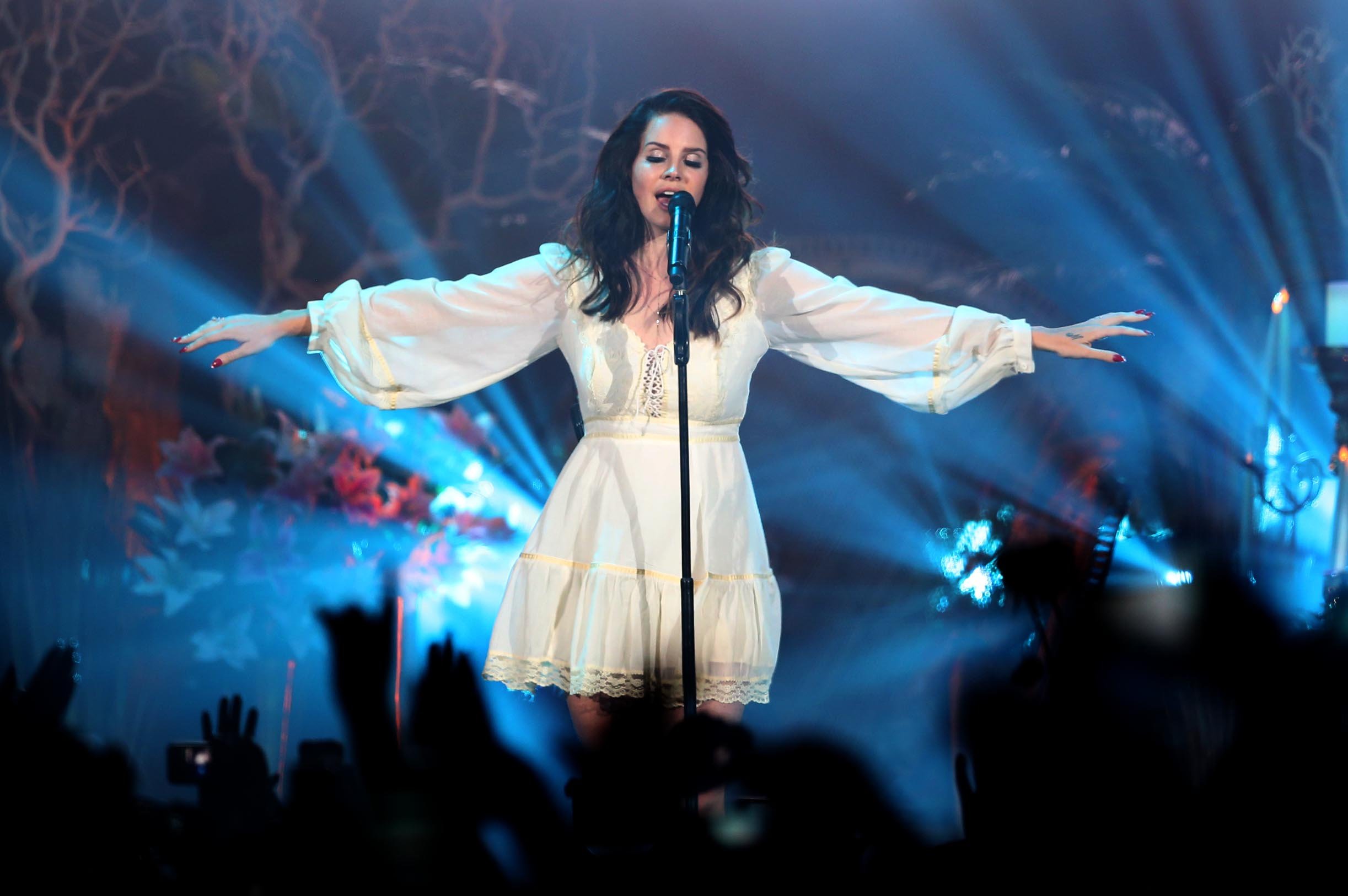[Opinion] Libraries should not be able to ban books
Many books at Barnes & Noble are not available at schools or libraries.
February 4, 2022
Reading may seem like a chore to many teenagers, but to many, it can be an eye-opening and thrilling experience. Reading gives people a chance to understand different people, beliefs and worlds. It gives people a chance to escape from reality, and it should not be monitored or restrained.
Banning books from school libraries has been around for several years. Topics such as race, sexuality and abuse have been labeled taboo, causing libraries around the country to remove books with these points, which is unethical. These topics should be learned instead of ignored. Multiple authors have been removed as well due to “explicit imagery.”
A specific author who has been removed from school and public libraries is Colleen Hoover, who mostly writes about serious issues. The topics she often reflects on include physical abuse, grief, suicide, relationships and homelessness. While these issues are difficult to grasp and discuss, they are important to understand, no matter the age of the reader.
Although serious books have been banned, more obscene books have been kept on the shelves. Books such as “Fifty Shades of Grey” have been kept in stock without a problem. Hoover has grown tremendously on social media and has gained many followers, signifying that many people appreciate her discussion of serious topics.
Everyone should have the freedom to read the book of their choice. Books should not have the same beliefs and values, they should challenge your mind. Reading books from a different viewpoint can give one a different perspective on topics, opening up doors for new conversations to take place. People should be able to have conversations on topics they are passionate about, and these conversations should be encouraged.
Thankfully, in recent years, several book bans have been lifted. Subjects that were once reserved are now being discussed openly. However, states such as Texas, North Carolina and Oregon still have strict laws against books.
Moreover, the discussion of Florida’s ‘book ban bill’ has become very controversial because it is designed to give transparency on what children are reading. The bill would give parents a bigger say on what their child should and should not read. The bill was founded when LGBTQ+ cartoons were found in a library, resulting in parents wanting them removed. Many people see this as censorship, and I agree. These topics should not have a restricted age group because it involves realistic issues.
The Parkland Library holds an event called “Banned Books Week.” The event was held from Sept.18-24 and was an annual awareness campaign promoted by the American Library Association and Amnesty International. It celebrates the freedom to read and brings attention to banned books. “Banned Books Week” is a great way to celebrate reading and I am definitely going to check it out.
Nonetheless, books are helpful when holding conversations and meeting new people. If libraries continue taking away books that inspire these conversations, students will be held back from understanding and accepting the value of different opinions.
No one should have the power to restrict and ban books. Anyone, especially teenagers, should be able to learn and explore different topics that will help them develop their personal identity.

